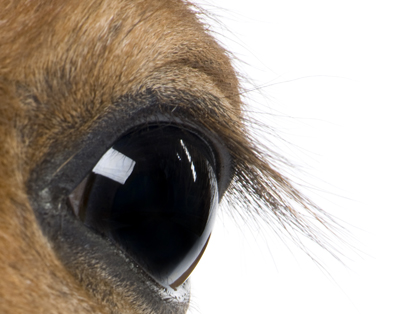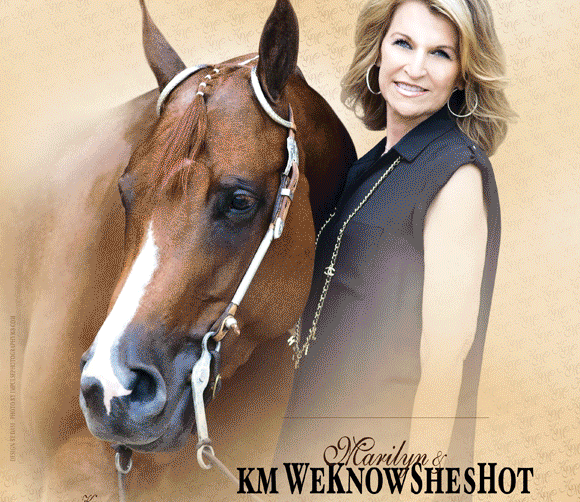New Study Confirms Hendra Vaccine Does NOT Affect Horse Performance
AVA Release
A study conducted by the University of Sydney has confirmed that vaccination against the deadly Hendra virus does not affect the performance of racing horses.
President of the Australian Veterinary Association’s equine group, Dr Ben Poole, says the study, which was funded by the Queensland Racing Integrity Commission (QRIC), will hopefully reassure those who are involved in the horseracing industry that the Hendra vaccine is safe, has no negative effects on racing performance and it is the best way to help prevent deadly Hendra Virus disease in horses and people.
“The Australian Veterinary Association (AVA) commends the QRIC on the proactive measures it has taken recently to ensure that horse racing is a safe sport in Australia – funding this ground-breaking study is certainly one of those measures,” says Dr. Poole. “We echo Commissioner Ross Barnett’s concern regarding the number of horses that have not been vaccinated against Hendra virus and the potential effect on horse welfare that not vaccinating can have on racing horses.”
“Precautions must be taken by horse owners, handlers and veterinary staff to minimize the risk of Hendra virus infection in horses and people. Vaccination of horses against Hendra virus is the cornerstone of these precautions.”
“Based on this latest study, which involved data from 1154 Thoroughbreds over 12,066 race starts, we can all be confident that vaccinating only brings health and welfare benefits to the racing community. It should dispel rumours that vaccination affects performance,” Dr Poole says.
The QRIC also recently announced that owners will also be given the option to receive the first Hendra vaccination free of charge, to encourage a greater uptake of vaccination.
“We applaud the Commission for the action they’re taking to protect the community from Hendra and we encourage other industry bodies to follow the example of QRIC,” Dr Poole says.
The AVA recommends that all horses located in regions known to, or likely to have Hendra virus spill over events, be vaccinated against the disease. If horse owners are unsure about the recommendation in their area, they should consult their veterinarian.
The study has been published in the Australian Veterinary Journal and is available online at here.












